Buying a house in the Netherlands is an exciting and complex process that involves many different factors. One of the most important decisions you'll need to make is how much of your own money you're willing to invest in the purchase.
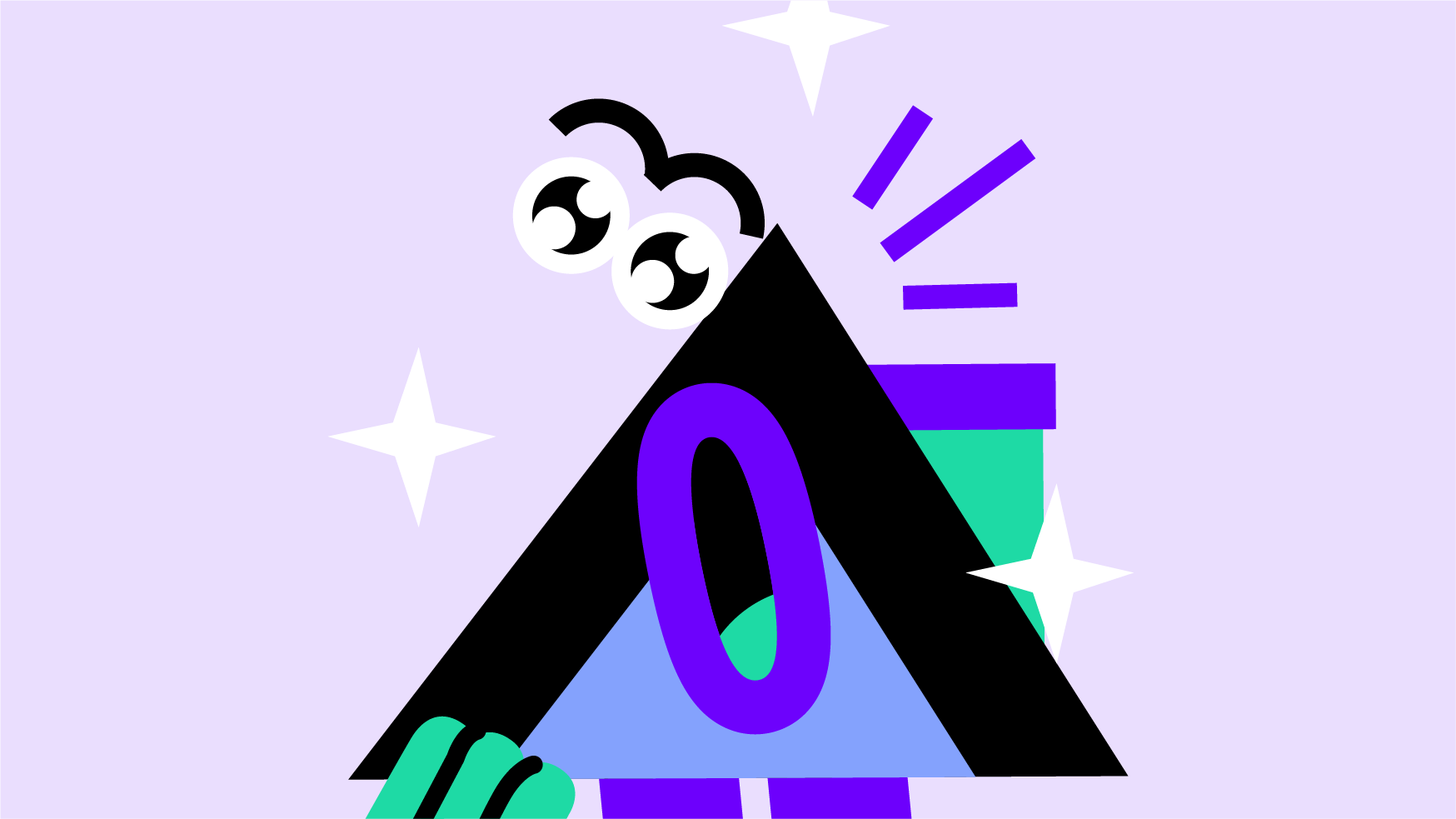
In this article, we'll explore the concept of "eigen geld" (own money) in the Dutch housing market and why it's crucial for homebuyers to understand this term before making a bid. We'll discuss the various costs that eigen geld can cover, such as closing fees and down payments. Whether you're a first-time buyer or a seasoned investor, understanding the role of eigen geld is essential for confidently navigating the Dutch housing market.
Why bring your personal money?
You can only borrow up to 100% of your home's value in a mortgage, so you will also have to put in your own money. This is how you finance additional costs, for instance. Moreover, sometimes your maximum mortgage is not enough to buy a house; in that case, too, you will need your own money to buy a home.
How much equity do I need?
How much of your own money you will require varies. You can only finance the house with the mortgage you get from the bank. Buying a house involves many other costs. All these additional costs you have to pay out of your pocket. These include:
- Transfer tax (2% of the purchase price - since 2021, this tax no longer applies to first-time buyers aged between 18 and 35)
- Mortgage advise and mediation
- Notary
- Valuation
- Bank guarantee
- National Mortgage Guarantee
- Building inspection
- Estate agent
On average, buyers' costs amount to around 5 to 6% of the purchase price of a home.
How do you put your own money in when you buy a house?
There are three ways you can put private money in your own house. First, you can use it to pay the additional costs. Second, you can use it to pay part of the purchase price. Do you already have a house for sale, and are you moving? Then there is a third possibility, incorporating the amount of your money into the life insurance. Do you want to pay part of the purchase price with your own money? Then the mortgage you require to buy the house will be reduced. So you will need to take out a smaller loan.
What is the maximum amount you can borrow?
Bringing in your own money will not affect the maximum mortgage amount you can borrow. Your income and the money you contribute will determine the full amount you can borrow. If you put in your own money, you can buy a more expensive home or pay a lower interest rate.
What belongs to own money?
Your private money is money that you have in your possession. This can be the savings you received through a donation or inheritance from a family member. You can use this grant to buy a house or repay your mortgage. A gift counts as your own money, so you may use it to pay additional costs. Personal money also includes the excess value from selling your current home. If you are going to buy a second home with surplus value, we also refer to it as personal money.
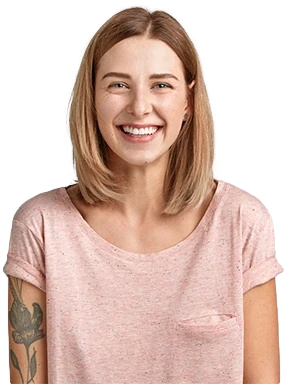
Buying a home?
Book your free orientation call with a Walter advisor. We will take you through the process of buying your next home.
Book a call — it's freeContinue reading
What are you looking for?
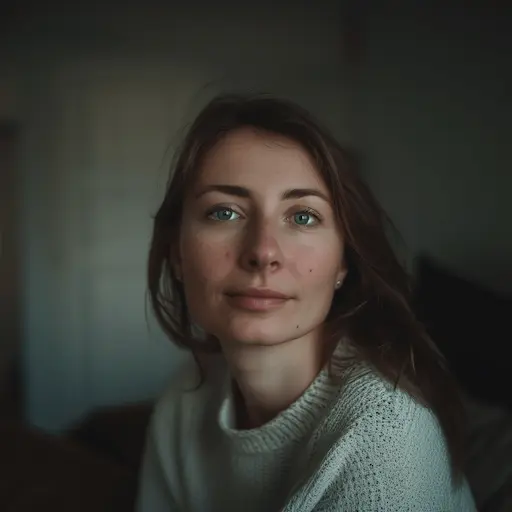
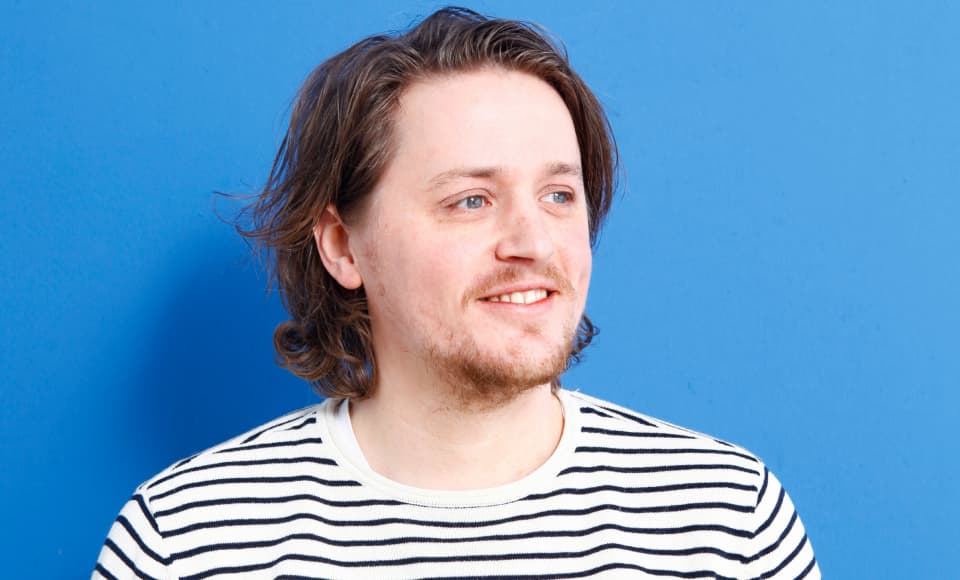
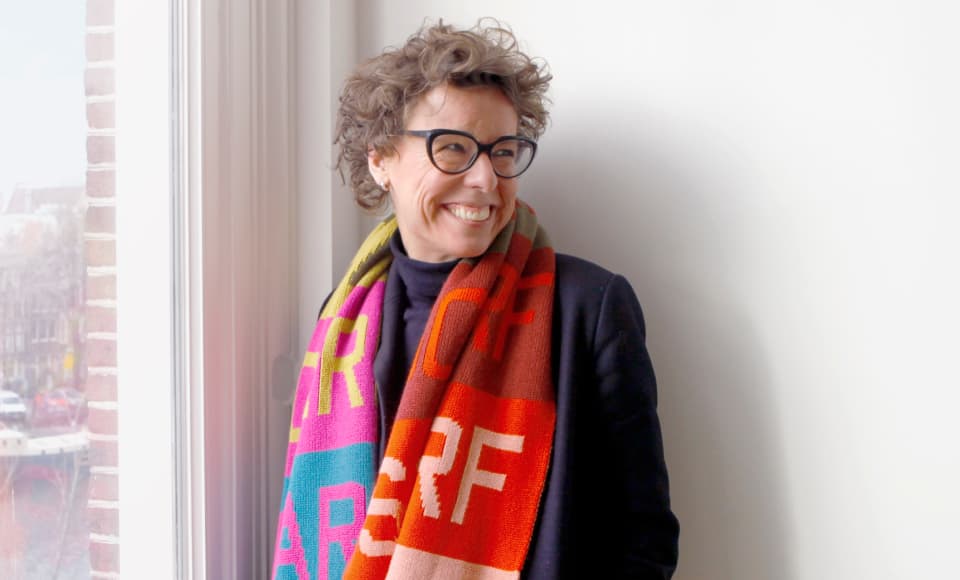
Walter Living is registered in The Netherlands with the address Walter Tech, B.V. Singel 542, 1017AZ, Amsterdam. Our Chamber of Commerce number is 73708585 and our tax ID is NL859636033B01.
Service
Would you rather contact us via WhatsApp? Send an app to +31 85 080 6860